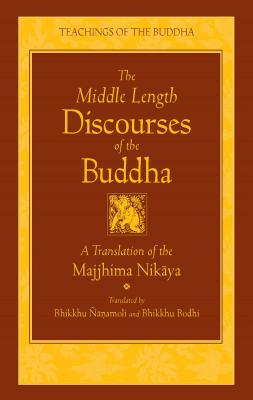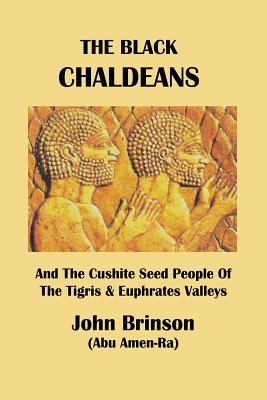
description
olitical, diplomatic, and military trends with a description of how Zionist pioneers coped with ongoing social developments and challenges, Stein recounts the events that would ultimately lead to the formation of the State of Israel in May 1948. The study begins with the wave of Russian pogroms that erupted in 1882 and stimulated an interest in Jewish migration to Palestine. Stein proceeds to the experiences of the first batch of settlers as they established farms, fostered the rejuvenation of Hebrew, and coped with the local Arab population. He examines how Theodore Herzl's worldwide modern Zionist movement gathered momentum and led to a further increase in Jewish settlement in Palestine. This book covers key events such as the pioneering efforts to establish collective farms, the inauguration of Jewish defense organizations, the Balfour Declaration, and the formation of the British Mandate. Stein focuses on the gradual but persistent consolidation of the Jewish community as a self-contained body, looking closely at important institutions such as the Trade Union Federation, as well as the development of political parties. Later chapters chronicle the growing strife with the Arab population and the disintegration of the British Mandate, which would eventually culminate in the declaration of a Jewish state.
member goods
No member items were found under this heading.
Return Policy
All sales are final
Shipping
No special shipping considerations available.
Shipping fees determined at checkout.







